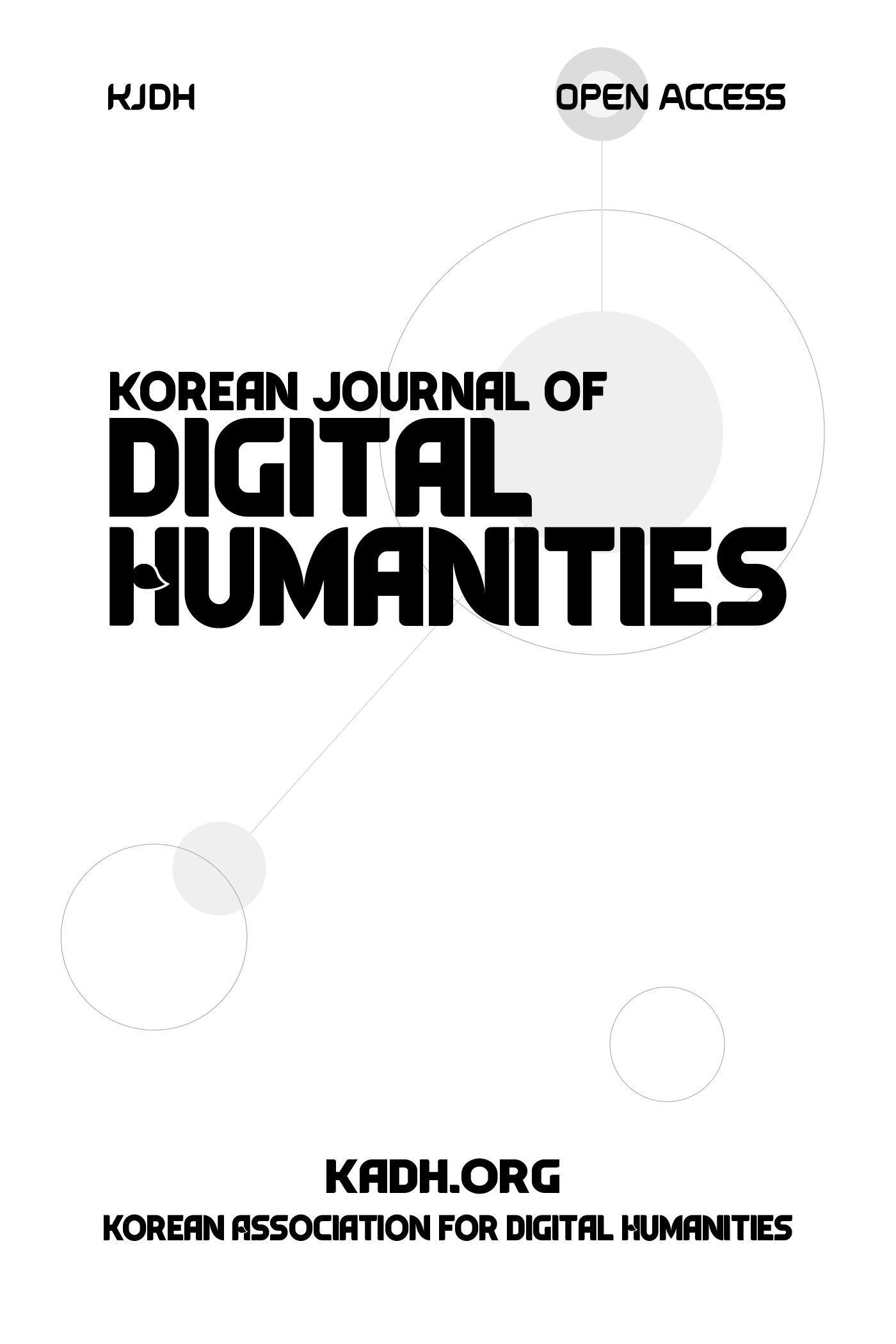- KOREAN
- E-ISSN3058-311X
 E-ISSN : 3058-311X
E-ISSN : 3058-311X
The Discourse and Meaning of ‘Sovereignty’ in the First Republic of Korea through Text Mining Analysis of Newspaper Articles
Abstract
This paper analyzes the discourse and meaning of ‘Sovereignty’ in the First Republic of Korea by employing text mining methodology, based on 859 sovereignty-related articles from Kyunghyang Shinmun, Dong-A Ilbo, and Chosun Ilbo published during the era. Topic modeling - the Natural Language Processing(NLP) technology that integrates Machine Learning - was used to uncover the discourse related to the concept of sovereignty at a macro level, and co-word network analysis was employed to identify the meaning at a micro level. First, the period of the First Republic was divided into two phases: the former period(1948-1955) and the latter period(1956-1960). The discourse analysis revealed four domestic discourses(Constitutional Amendment, Politics, Social Situation, and Election) and four international discourses(Maritime Sovereignty, World-Cold War, World-Independence, and the Division of Korea). The focus of the discourse shifted from international(the former) to domestic(the latter), with a particular emphasis on the discourse of election. The meaning analysis, at first indicated that both periods reflect an awareness of popular sovereignty and a recognition of deficiencies in its exercise. During the former period, 'Sovereignty' was perceived to be transferred and restored, but to be infringed and restricted especially in terms of territory. In the latter, ‘Sovereignty’ became a matter of defense and struggle with election being presented as the means of its exercise, thereby imparting proactivity to the concept.
- keywords
- Sovereignty, Topic Modeling, Co-word Network, the First Republic of Korea, Digital History
- Submission Date
- 2024-11-01
- Revised Date
- 2024-11-08
- Accepted Date
- 2024-11-15
_3200-704_투명.png)

